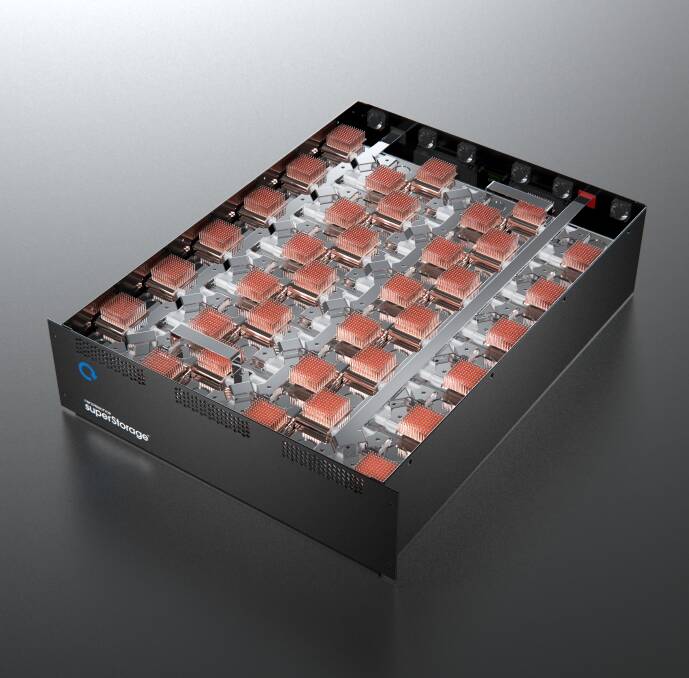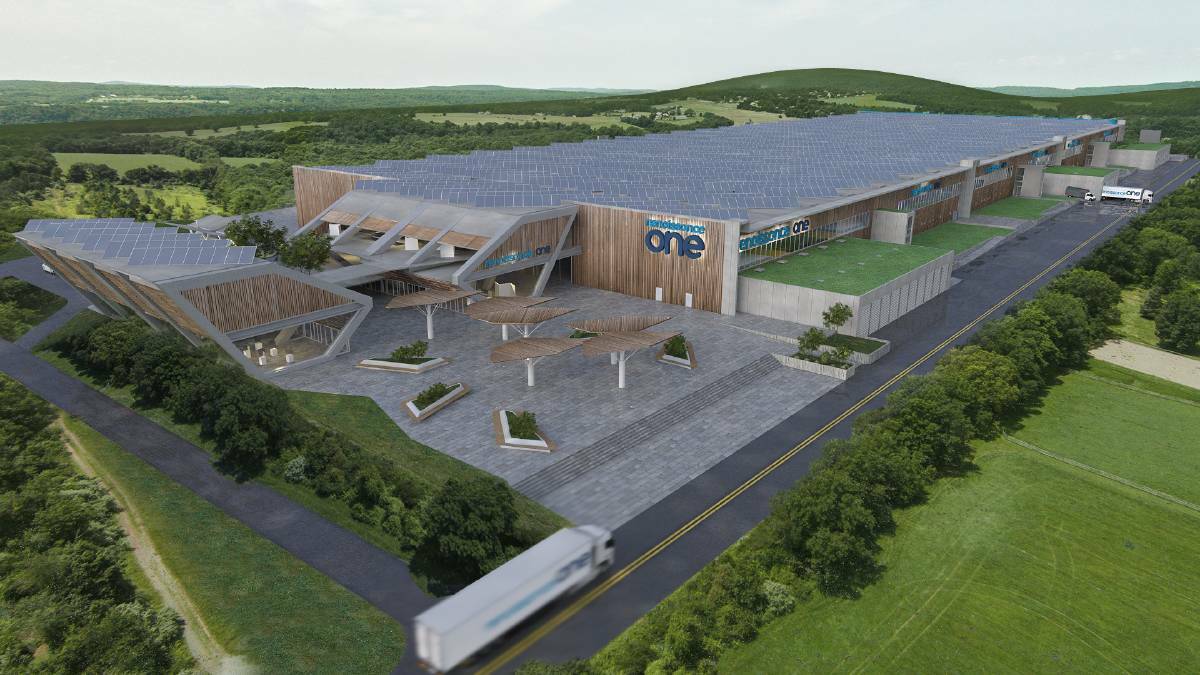
Hunter-based lithium-ion battery manufacturer Energy Renaissance will develop an Australian-first defence-grade battery management system for use in extreme conditions.
Subscribe now for unlimited access.
$0/
(min cost $0)
or signup to continue reading
The Australian-first cybersecure technology will monitor and report on a battery's usage, lifespan and faults through a mobile network.
It will also be capable of transmitting secure real time data, analytics and remote management to reduce the risk of battery failure.
Energy Renaissance is presently building a 4,500 square metre factory in Tomago that will become Australia's first gigawatt-scale lithium-ion battery manufacturing operation.
READ MORE:

The$1.46 million battery management system project is being jointly funded by CSIRO and the federal government's Innovative Manufacturing Competitive Research Centre.
Energy Renaissance Technology and Development Director Brian Craighead said the collaboration would promote an Australian Battery Management System instead of relying on an overseas technology platform.
"Working together with CSIRO will ensure we can create a world-class defence-grade cybersecure battery management system that is fully developed and managed in Australia for critical energy storage infrastructures." he said.
"Software designed and developed in Australia has a strong global reputation and we've built a history and track record as an industry. Through this project, we will demonstrate the advantage that Australian intellectual property can bring to a highly competitive energy storage market where a superior Battery Management System is critical for the operating efficiency of a battery."
CSIRO Principal Research Scientist Adam Best described the management system as the battery 'nerve centre'.
"It will make batteries safer, more affordable and optimised to operate in high temperature environments," Dr Best said.
"Our partnership with Energy Renaissance validates CSIRO's capabilities to collaborate, train and transfer skills for the advanced manufacturing of batteries."
IN THE NEWS:
David Chuter, chief executiveat IMCRC said the collaboration would be a catalyst for further establishing an Australian battery manufacturing sector.
"The growing interest in renewable energy and thus demand for lithium-ion batteries provides a great opportunity for Australia," he said.
"Through accessing local knowledge and expertise, this project will demonstrate how we can utilise Industry 4.0 technologies and principles to establish a viable Australian battery manufacturing sector for the benefit of all Australians, and as a national manufacturing priority."
Our journalists work hard to provide local, up-to-date news to the community. This is how you can continue to access our trusted content:
- Bookmark: newcastleherald.com.au
- Download our app
- Make sure you are signed up for our breaking and regular headlines newsletters
- Follow us on Twitter
- Follow us on Instagram
- Follow us on Google News


